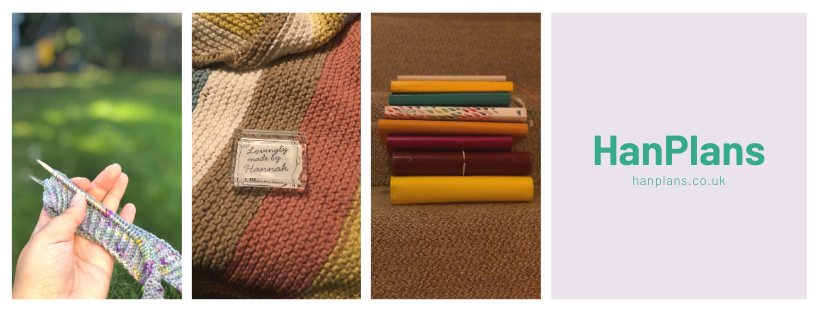Today started with taking R to Børnehave, then I met a friend for coffee/breakfast. Once we’d finished eating, we took a walk, then once we’d said goodbye, I went for a bike ride. I had a plan to sort of head in the direction of Hellerup and see where I ended up. Well, I made it around 2.5/3 km and then decided to turn back. I’ve heard it on homestead documentaries how some areas have “Winter” and “Building Season”. Well, I think Copenhagen has some variation of that because there are building works and road works all over the place! Pushing the cargo bike around cycle lane closures was not much fun.
Today’s writing might come as some sort of stream of consciousness type of writing, rather than actually making much sense. I’ve had almost a week off work while Mum and Dad were here. My shifts were bunched into 2 weeks so I could have the 3rd week off. But I think that sometimes, when I slow down long enough to not go into work for longer than a weekend or maybe 5 days at most, my brain starts to wobble and think about what else is out there.
When I first moved to Denmark, a friend of mine told me about a concept and a book called Ikigai. When I first arrived here, it was hard to get over the “just on holiday” feels to begin with. R was able to join vuggestue but we were waiting for a place, and my business was still kind of running even if it had taken a beating by the pandemic and moving country along the way. I talked to the friend about how I wasn’t sure that I could make money from the things that made me happy or gave me joy but at the same time I needed something to do each day once R started at daycare of some kind. He wasn’t going to need me in the same way and how did I make that work. Well back to the beginning of this paragraph – what is Ikigai?
Ikigai is a Japanese concept that roughly translates to “a reason for being” or “a reason to get up in the morning.” It’s about finding joy, purpose, and fulfillment in life by aligning what you love, what you’re good at, what the world needs, and what you can be paid for.It’s often illustrated with four overlapping circles (like a Venn diagram):
- What you love (your passion)
- What you are good at (your strengths)
- What the world needs (your contribution)
- What you can be paid for (your profession)
Where these overlap is your ikigai.In Japanese culture, though, it’s not always tied to career or money. Sometimes it’s simply the small daily joys that make life feel worth living (gardening, morning walks, time with family, creative hobbies, etc.).
So while Ikigai is where your passions, strengths, contribution and profession meet, it doesn’t just have to be about career or money. I’ve been thinking more about how I need to make my days off mean something or at least use that time for good and not just for binge watching the latest TV show and knitting my fingers off… There’s nothing wrong with that but on weeks when I only have 1 shift, I can’t really spend the other 3 days glued to my iPad or TV, right??

(This is one of my current WIPs – it’s a jumper for C – let’s get this done!)
So maybe I need to plan and stick to it. Maybe I need to think about what I want to achieve – if I want to achieve a specific goal. I’m not saying I’m going to give up cake and train for a marathon or something major like that but more just bitesize things. I have an idea for a short “guide” book of sorts, and the idea itself keeps coming back to me but I haven’t got the idea out of my head and onto paper (or digital form) so why not use those days off to do something about it. The library has a poster about a panel that’s going to take place entitled “Epidemier i litteratur” (Epidemics in Literature), which sounds interesting, and while I don’t think my Danish skills would keep up during the talk, maybe I could read about it myself. I’m sure there must be English written literature that fits the bill – or even English translations of the books that are on the poster. See I told you, it wouldn’t necessarily make sense and would be stream of consciousness writing…

